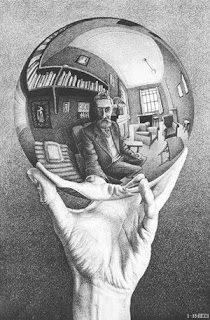
Benedictus de Spinoza (Ethics III, proposition 95)
Contemporary neuroscientific findings confirm both that we are hard-wired like other animals to attach to and care for other members of our species, and that the foundation of human empathy resides in early attachment relationships. Simply put, a child who is held and loved by a mother whose heart connects to his will grow a heart able to connect with others’. He will have also developed, within his brain, the capacity to know another as a real and vital complement to himself. His emotions will reflect this inner wealth and he will seek the world as a place to be nurtured and a place to nurture others.
These findings echo what Spinoza observed three hundred and fifty years ago in his famous Ethics: human beings are naturally inclined toward society and to becoming virtuous citizens[i].
It is not against self-interest, but through our very desire for attachment to others, that we cultivate the emotions that cement reciprocity, friendship and love, the ingredients of an interpersonal ethics of responsibility, compassion and care.
With human psychology providing the basis for love and empathy, morality and religion become superfluous add-ons to a humanistic ethics based in immanence. The conflation of virtue with obedience to a transcendent “good” is at best a back-up plan for an anthropologically-based ethics, a back-up we could surely use in the case of those who require emotionally empty obligations to bind them to others, a chilly duty without which, who knows what they would be capable of.
As Robert Misrahi points out, the foundation of real virtue is no other than human desire itself, not a moral imperative or an applied “pseudo-knowledge of values”[ii]. We are “just” self-centered beings oriented toward others for reasons of survival. Not earth-shattering. Glorious…
[i] See Antonio Damasio’s Looking for Spinoza
[ii] Robert Misrahi Spinoza, editions Médicis-Entrelacs, Paris, 2005, p.97.

